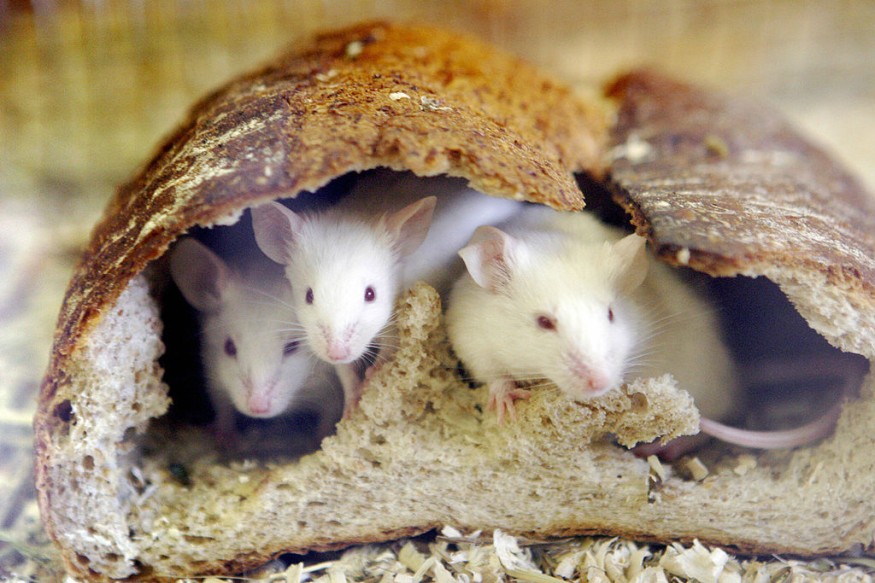
Low-protein meals seem to improve the fitness and survival rates of rats, fruit flies, even fungi.
A recent mouse research has discovered a solitary enzyme that is required for these strange anti-aging benefits. The liver secretes the protein known as fibroblast growth factor 21.
The Anti-Aging Effects of FGF21 in Mice
FGF21 reacts to peptide limitation in male rodents, boosting metabolic rate and insulin sensitivity while decreasing muscle mass, according to current research. The same group of investigators has discovered that FGF21 is also essential for anti-aging actions.
In their interview with ScieceAlert, the experts working in the study explained that in fact, rodents defective in FGF21 are not merely immune to the medical advantages of protein constraint, rather they likewise demonstrate early-onset dieting, enhanced infirmity, and decreased longevity when given a low-protein meal.
The latest discoveries imply that peptide restriction's pro-longevity benefits are based on a particular enzyme - something which is also prevalent in people.
Pennington Biomedical Research Center also covered the study stating that although it is uncertain if FGF21 has the comparable function in people as it does in rodents, research on life forms reveal that meals reduced in protein and rich in carbs may have advantages relative for treatment response. These nutritionally dense foods likewise have an effect on FGF21 levels in the blood.
Rodent experiments are assisting researchers in fully understanding the impact this substance performs in the system. Male rodents with the FGF21 enzyme wiped out and subsequently served a low-protein meal had a shorter expected life than control subjects on the similar food.
While as shown in the study posted under the website of Nature Communications, mice lacking the FGF21 enzyme developed to be bigger and relatively slender in overall. According to the investigators, they had totally squandered their blood sugar control. Since these rodents aged normally, they gradually lost bodyweight earlier, growing physically weaker far quicker than rodents with intact FGF21 alleles.
Increasing Life Span of Mice
Mature rodents generating FGF21 seemed fitter and much more intellectually resilient on a long-term low-protein meal, according to investigators. Their coats have not been as ragged or uneven as those of mice lacking the FGF21 enzyme.
In a nutshell, the data indicate that food limitation improves weakness in mice treated as they mature, and that this mechanism is regulated by the FGF21 transcription factor.
FGF21 has several functions, yet among of them is to control carbohydrate ingestion, and how this enzyme interacts to specific important nutrients has an effect on the nervous system.
Earlier study by the aforementioned researchers found that long-term low-protein meals increased FGF21 activity in the mouse brain, causing people to pick meals reduced in protein and sugar as well as richer in amino when offered a choice.
According to neuroscientist Christopher Morrison of Louisiana State University, the findings recommend that FGF21 communicates with the central nervous system, and that without this sensor, the creature does not 'understand' that it is ingesting a low-protein nutrition, and as a consequence, the mouse neglects to acclimate its energy levels or nutritional intake.
The discoveries may explain why restricting macronutrient intake might increase the longevity of mice. It should be noted, however, that this investigation exclusively looked at animals in nature. Female mice might generally respond as strongly to identical meals, as per Science Direct.
Nonetheless, this is the initial investigation to discover a specific enzyme that regulates the favorable benefits of a low-protein meal.
Related article : Microscopic Parasite Found Capable of Permanently Infecting Any Mammal Across All Continents
© 2025 NatureWorldNews.com All rights reserved. Do not reproduce without permission.

